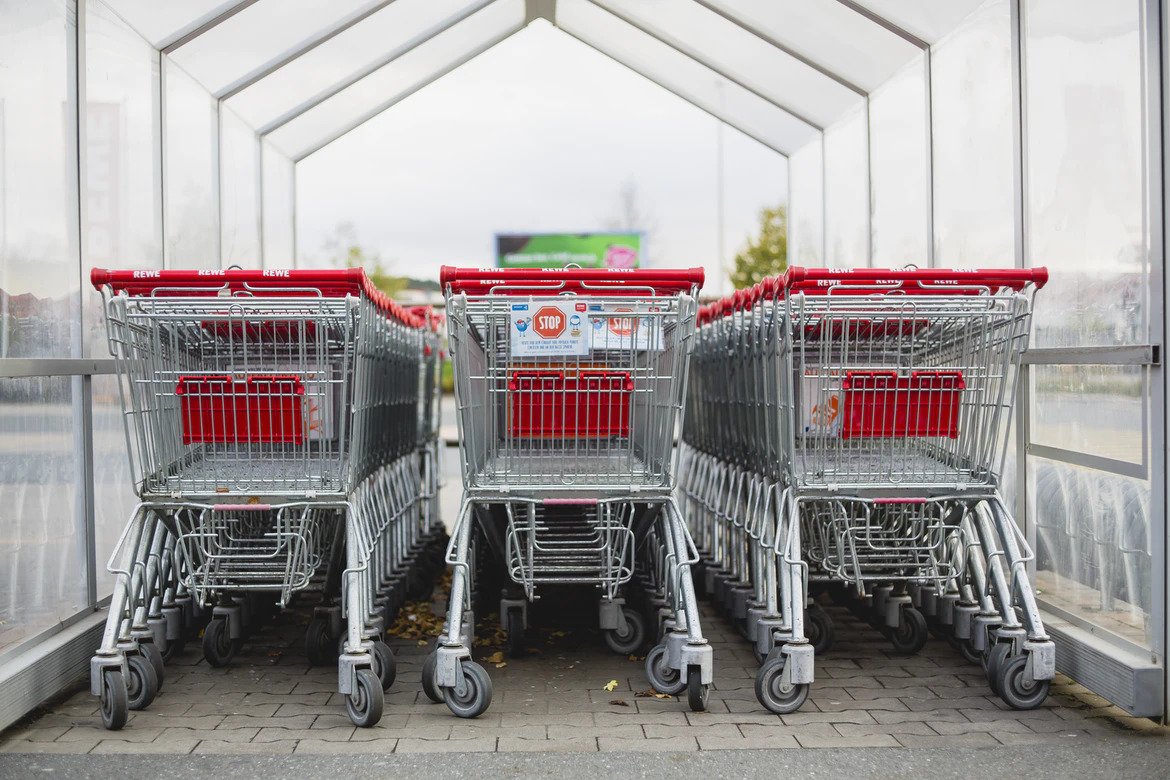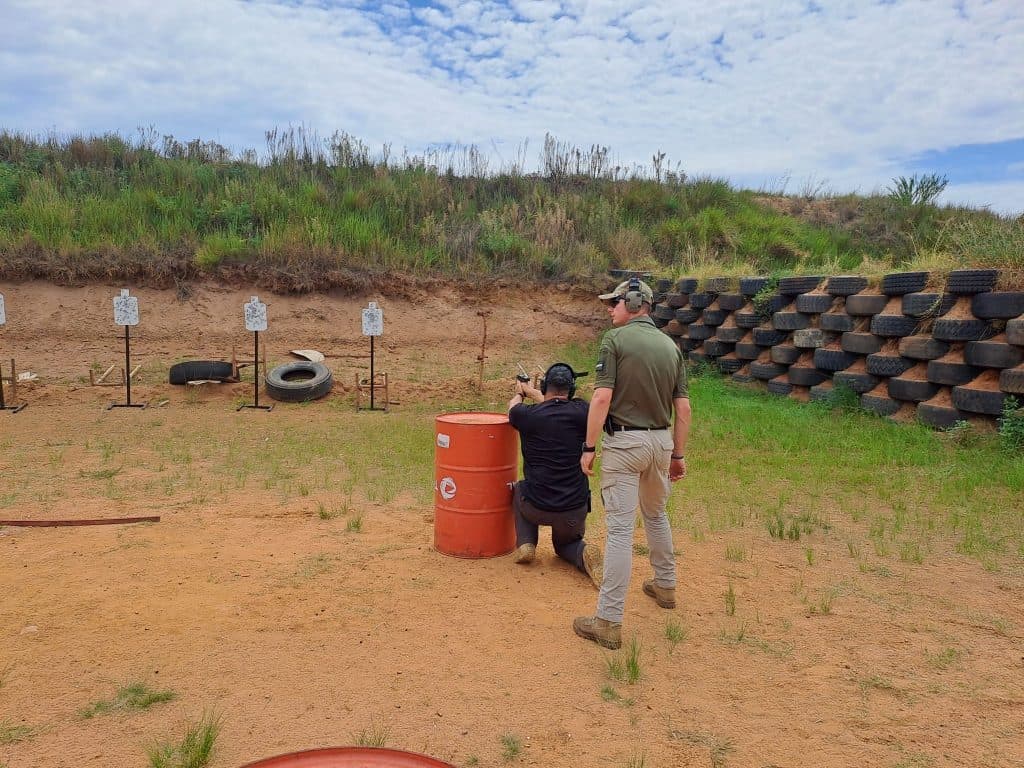By Andri Johnston
One activity that is unavoidable is buying groceries – regardless of the country you live in. Food shopping can be a source of great excitement as well as deep despair to get used to when you have decided to leave your own country. Our experience of buying groceries in England did not only change our way of buying, but was an important factor in our decision to change to a more sustainable and plant-based diet – I know, how is it possible for a South African to say this, but please hear me out for a moment.
Our first living space in London was an apartment of 70 m2 with the tiniest fridge you have ever encountered. The freezer compartment was even smaller; one could scarcely fit in two bags of frozen vegetables next to each other.
We soon realised that a weekly outing to the huge grocery store would be our destiny, and so we had to invest in good-quality, strong shopping bags. I learned the hard way during the semester I spent in Oxford that the flimsy shopping bags available here are made of cobwebs!
Having arrived at the grocery store we soon realised we should always remember to bring a £1 coin if we wanted to use a trolley, to avoid being the person trying to balancing two overflowing baskets at the small space where you personally scan and pay for your groceries.
Grocery stores here are clever. Where you can go to almost any Woolworths or Pick ’n Pay store in South Africa and know exactly where to find your favourite spices, the stores here have decided to play brain games with customers. They try to have you walk around in circles for as long as possible to find the one product you are looking for. When you finally find it in this particular branch, it feels as if they make a note of this to ensure that the next branch stores the item at a completely different spot – or so it feels to us!
Having to walk down up and down the aisles looking for the item you actually want is indeed advantageous in a new country. You soon learn that there are 20 different brands of rice, all looking the same, but every brand with its own very loyal band of followers who will swear to it that THEIR brand is the best.
Eventually you decide to grab the one looking the most like Tastic and continue on your way, looking for the item you actually came to buy – if you can still remember what that item was.
This confusion inspired us to give online grocery shopping a go. And it was a game changer for us. It is not just because every big grocery store has its own online shopping platform, but there is also a big variety of smaller online food stores. It helps us in reducing our use of plastic packaging, since there are plastic-free options, but we also are able to support local producers by buying at shops such as Abel & Cole and Riverford. One of my favourite morning rituals is to unlock my front door and to find our bread delivery as well as orange juice and soya milk (in glass bottles) on our doorstep.
It was a shock for us when we started to buy groceries here in England to realise how expensive meat is. I have to admit that I have been a pescatarian for 15 years now; I do not eat red meat, but do love a chicken drumstick every now and then. This was until I noticed the price of meat. These prices also let my husband instantly decide that buying meat is literally not worth the money. Nowadays we pay that little bit extra at our small South African shop for a nice length of boerewors to have a braai on one of the two days in summer when it does not rain or the skies are grey.
Another matter one does notice is the myriad of different dates printed on supermarket food. In South Africa we are used to a sell-by date, but here packaged food has a sell-by as well as an expiry date. Reading these dates correctly can be very confusing and they are actually meant for stock control. In researching the meaning of these different dates, I came to realise that a gigantic quantity of food is wasted in England. According to the organisation Wrap up to 40% of all food produced in the UK ultimately goes wasted, and this contributed 20 million tons of additional greenhouse gases just in 2021. This kind of statistic shocked us and consequently we started to support initiatives to “save” food which was going to waste, by using websites such as Too Good to Go and Odd Box. I now choose on purpose that carrot with its strange form or the bruised apple when we go shopping, thus doing my part for the planet.
Buying groceries in a new country can be difficult to adapt to, and unfortunately one cannot avoid it. But there are so many alternatives available here in England which do not only save you time but also assist you in reducing your carbon footprint. In my view this is a win-win situation, and all of this happens while I sit back and read my favourite Worldwide article while enjoying a nice cup of tea!
ALSO READ: How emigration to England has taught us a more sustainable lifestyle
Share on
Latest articles




















